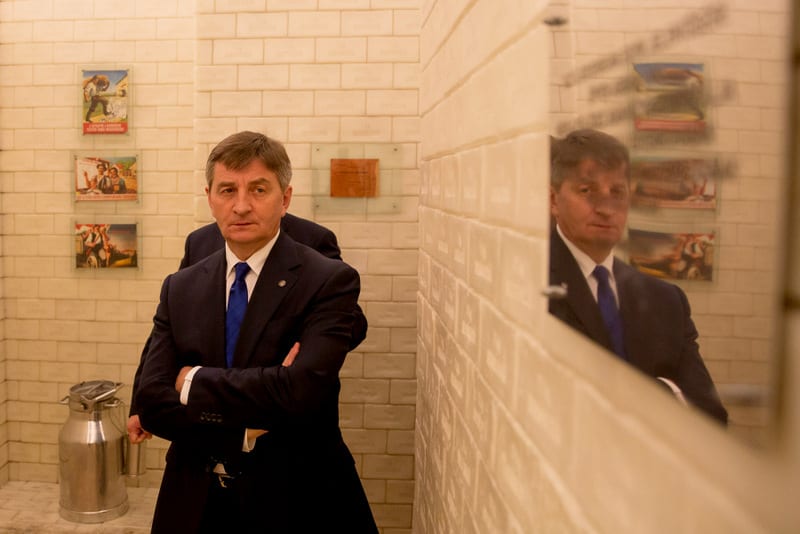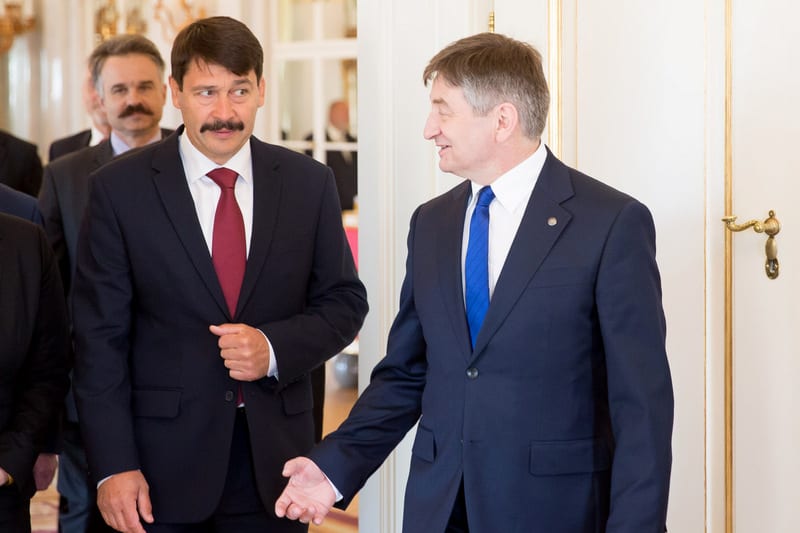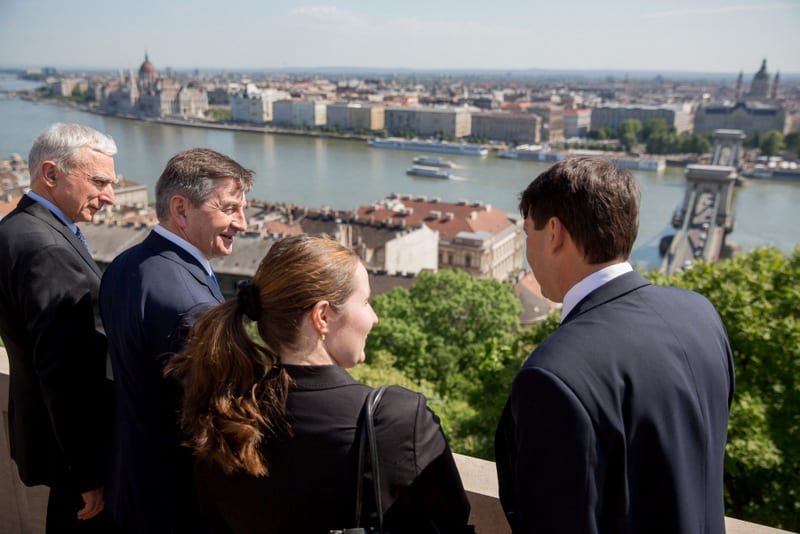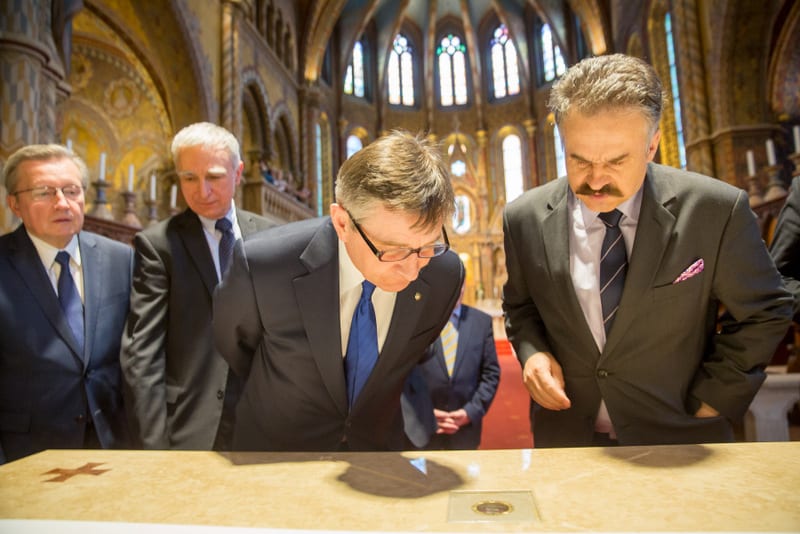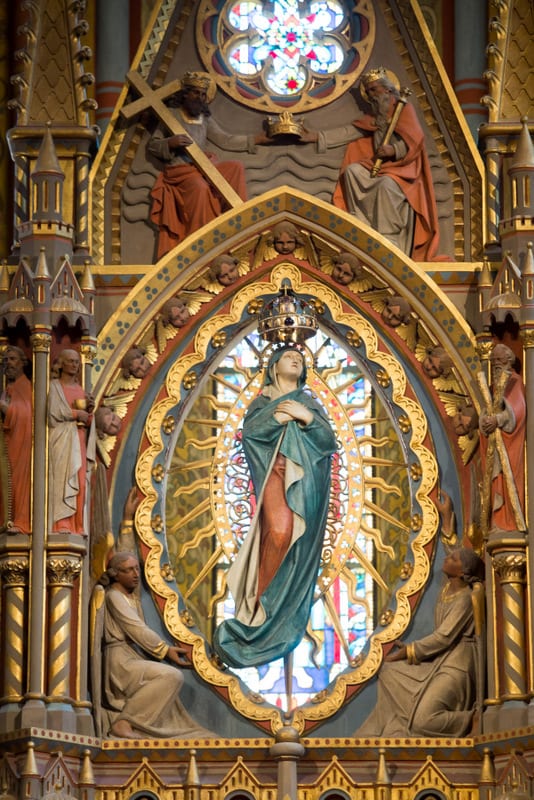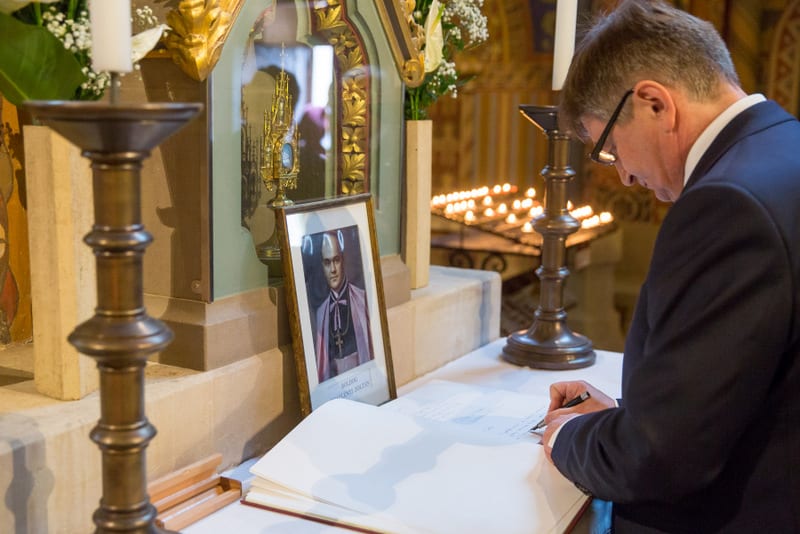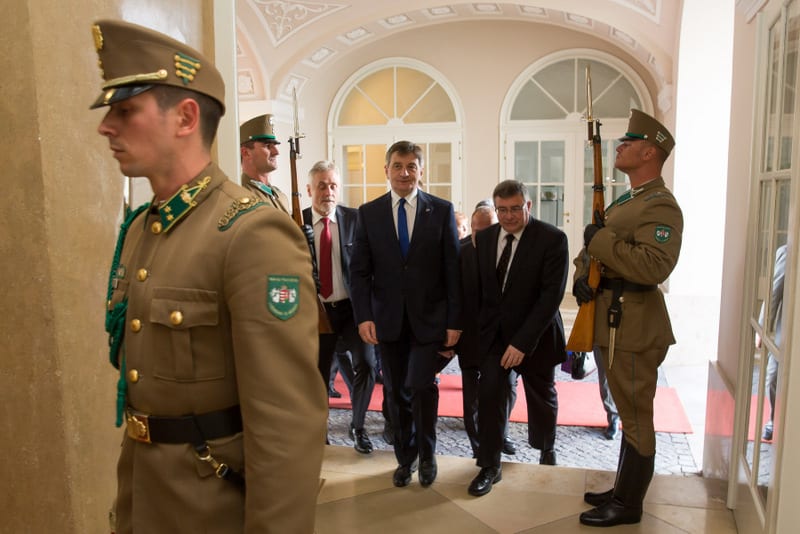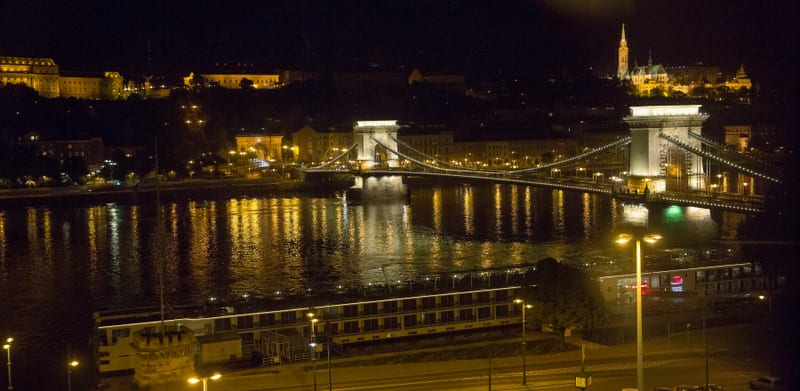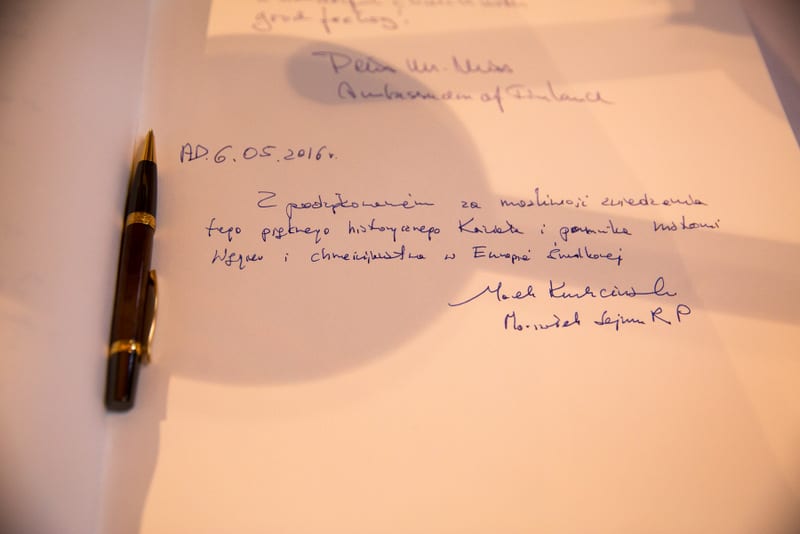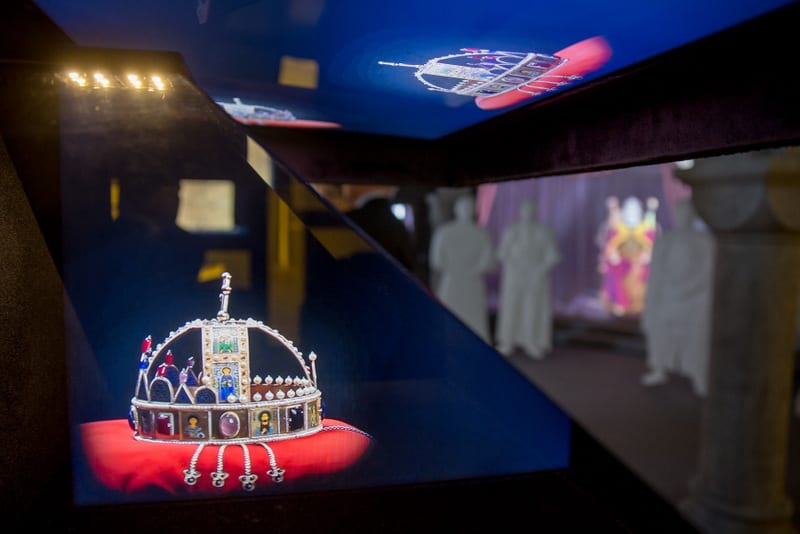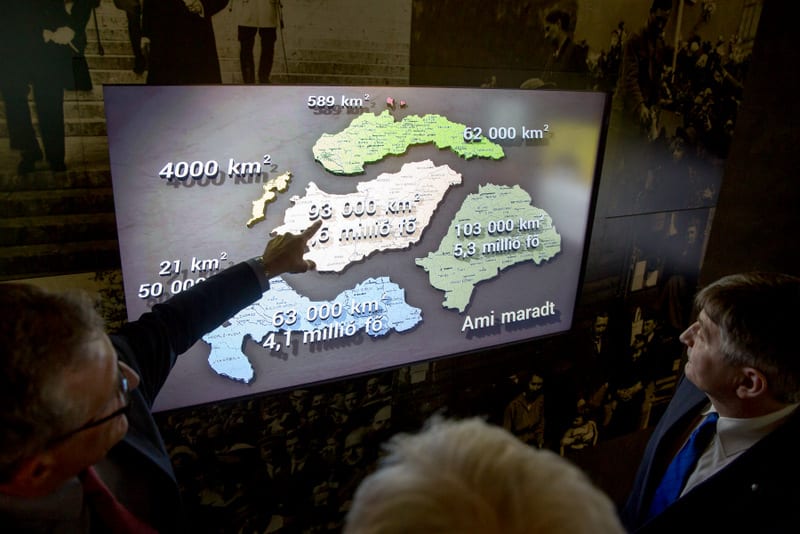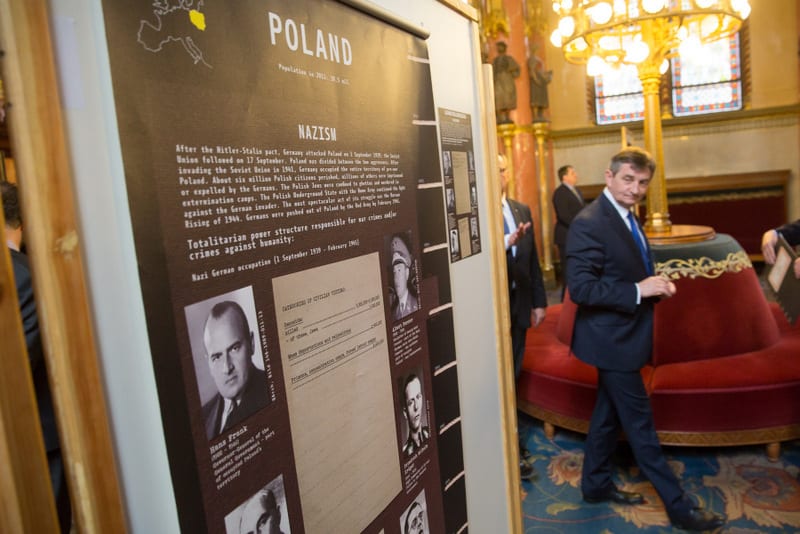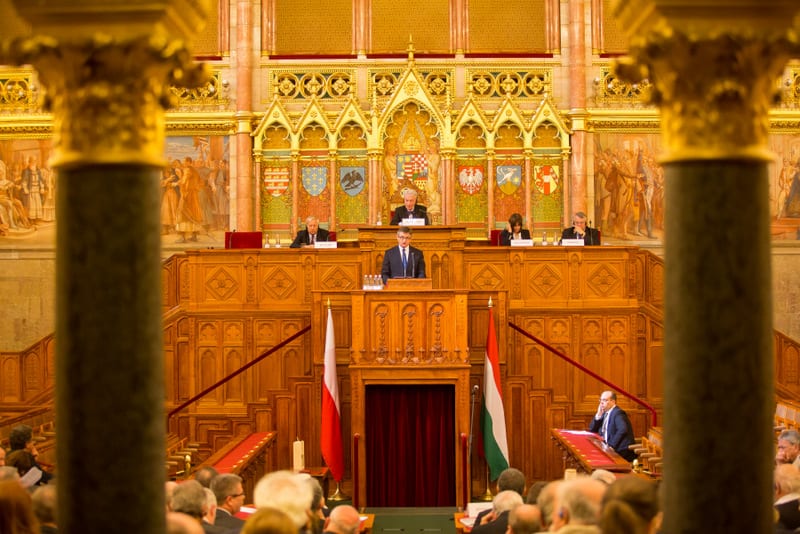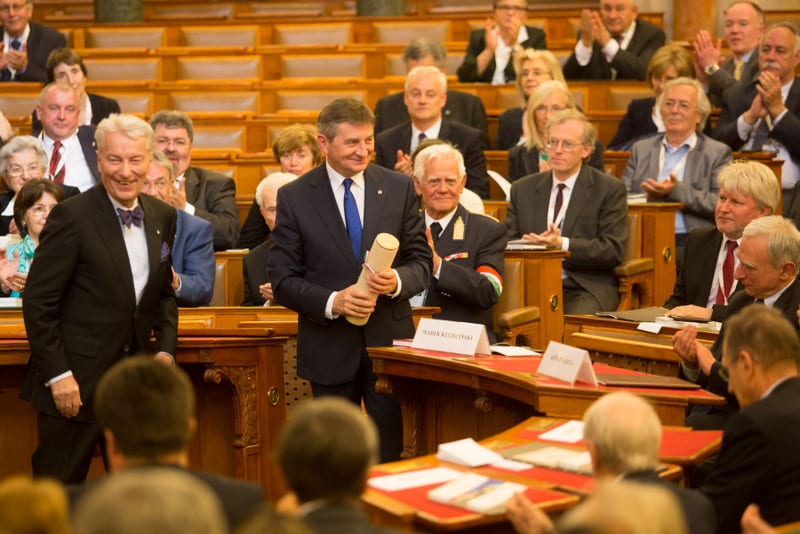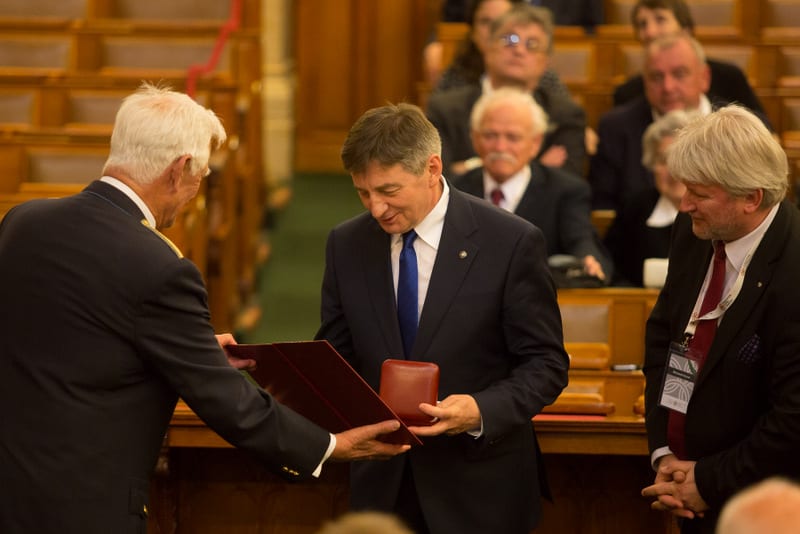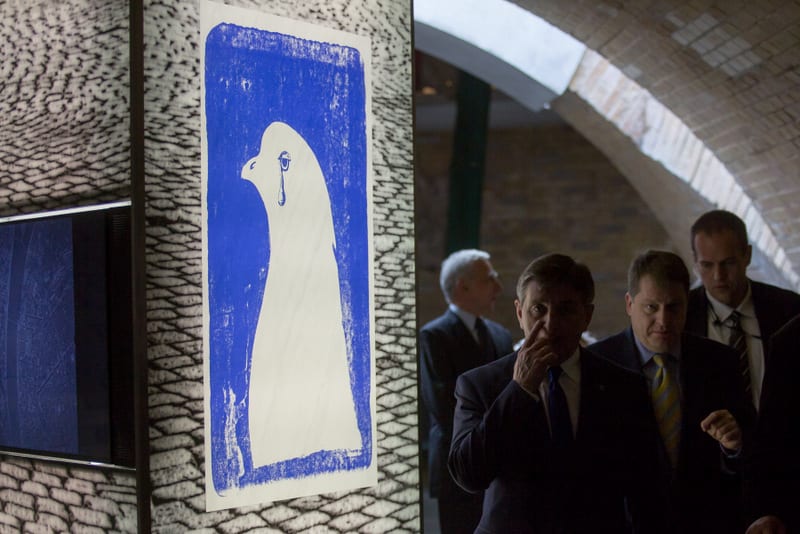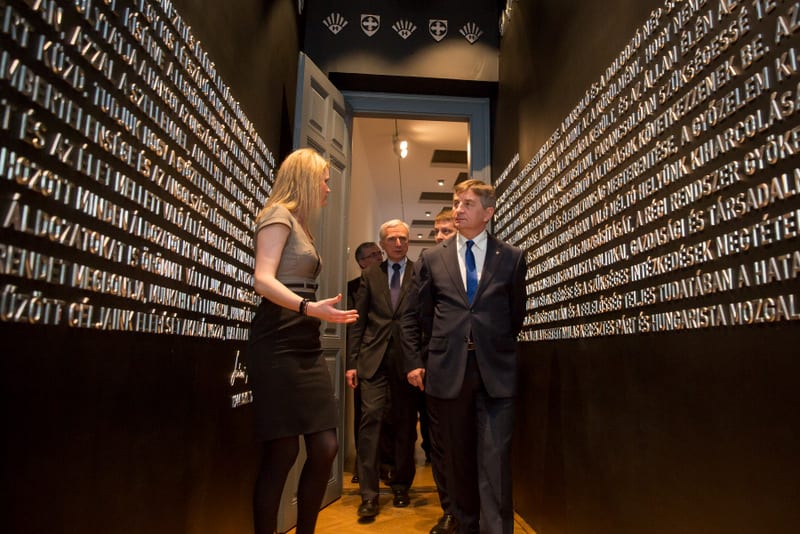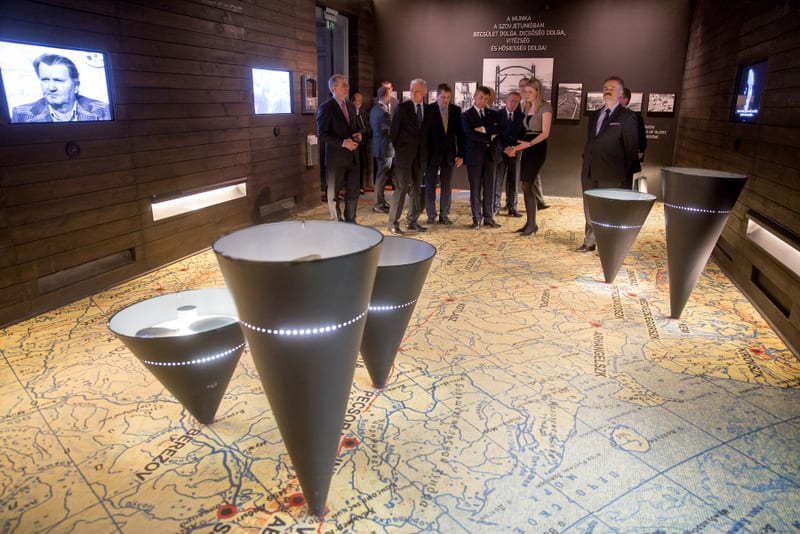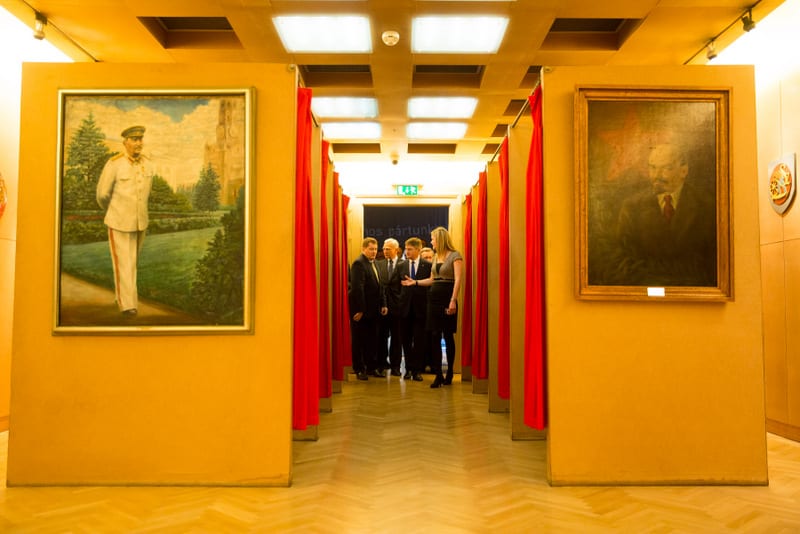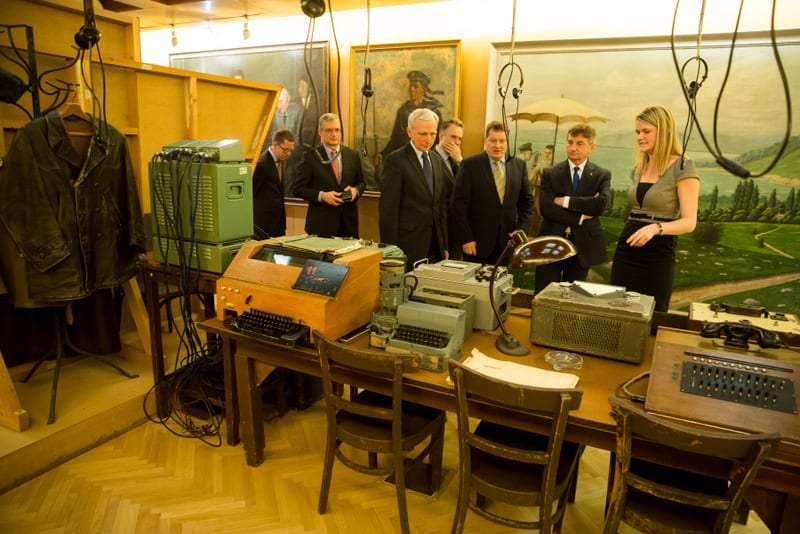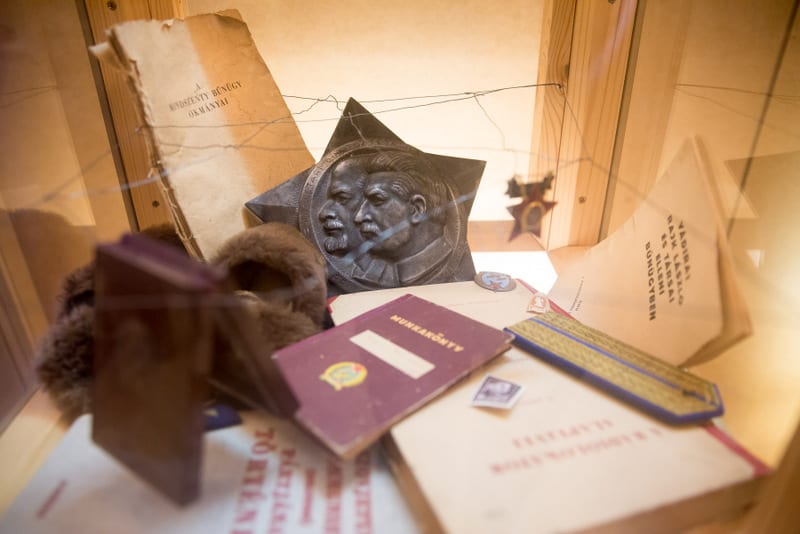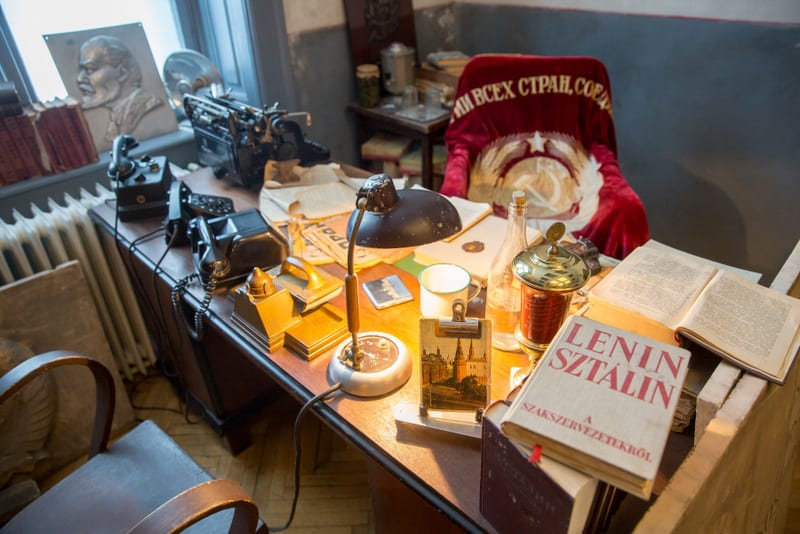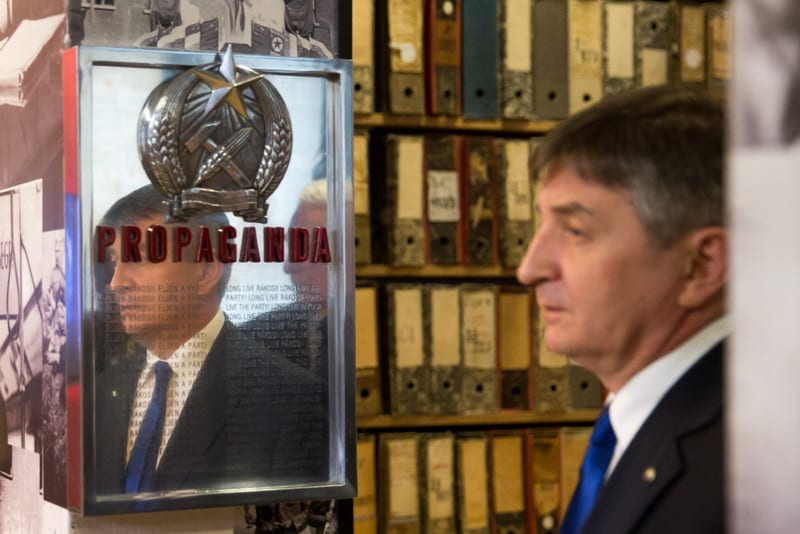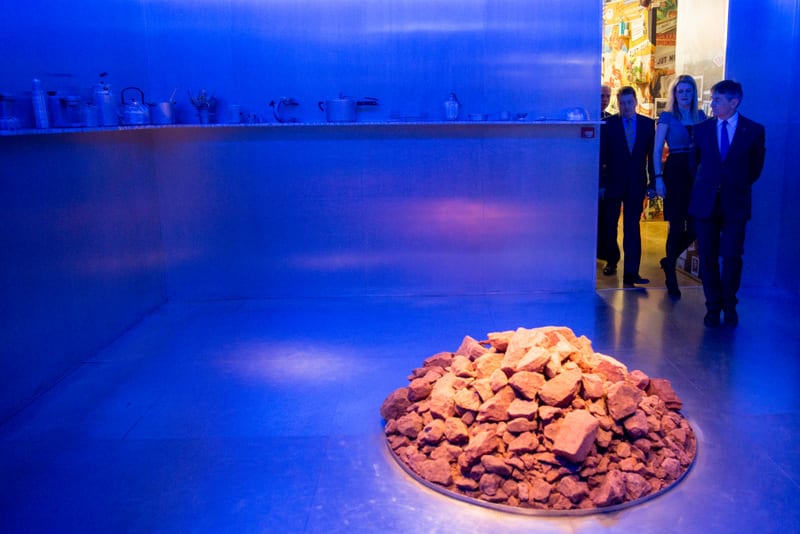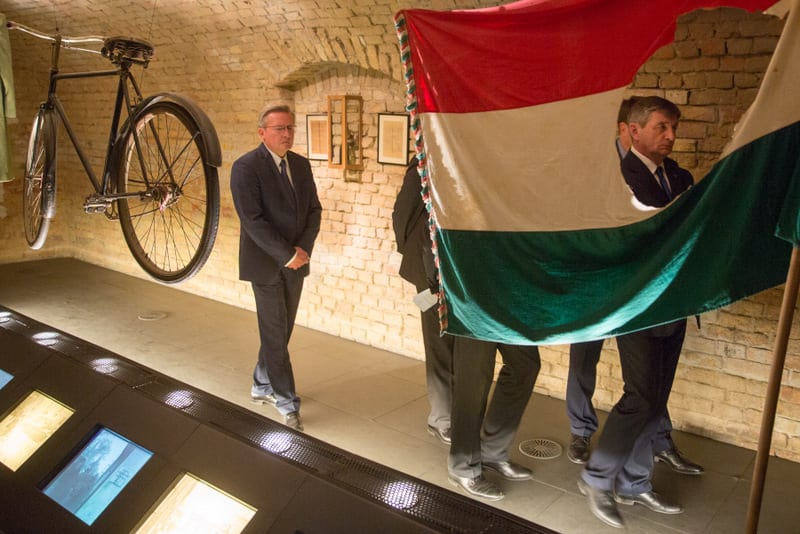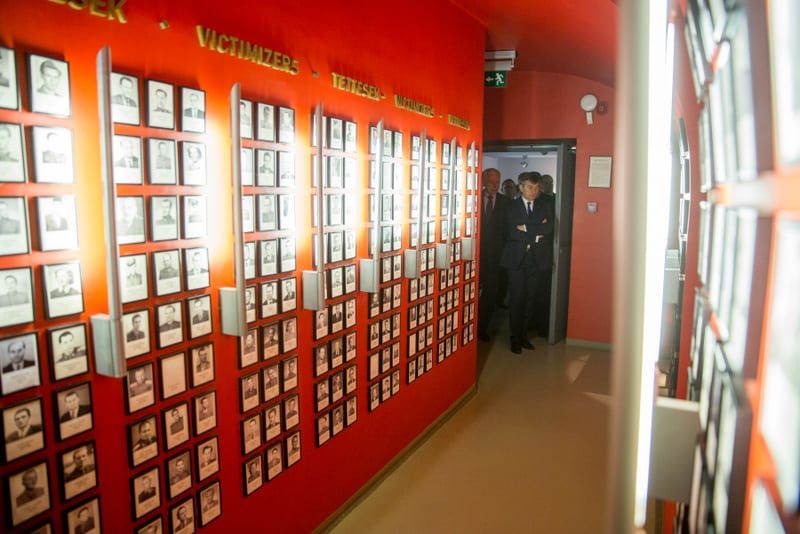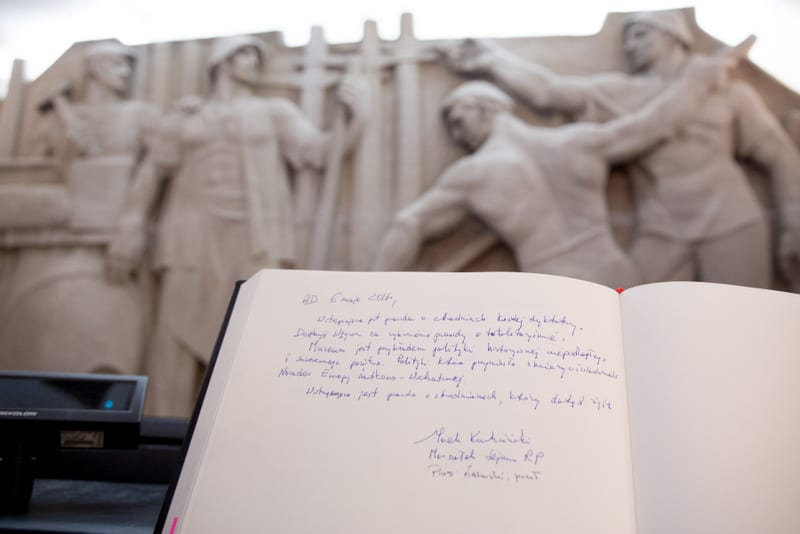On the second day of his official visit to Hungary, Sejm Speaker Marek Kuchcinski met with President János Áder. Representatives of the highest authorities of Poland and Hungary emphasized the commonality of fortunes of the two countries in recent years, including in the context of membership in the European Union, as well as the particularly friendly relations linking the Polish and Hungarian peoples for many centuries.
During the conversation, Sejm Speaker Marek Kuchcinski and Hungarian President Jánose Áder reaffirmed the unanimous position of Poland and Hungary on issues including state sovereignty and European migration policy solutions, in particular the proposal for mandatory relocation of migrants recently put forward by the European Commission.
At the 3rd Friends of Hungary Conference, which was inaugurated at the Hungarian Parliament, the Speaker spoke to the participants:
- Our great strength is the involvement and support of Poles and Hungarians who live beyond the borders of their countries.
The main message of the conference is to commemorate the 60th anniversary of the 1956 Revolution. Participation in the event was one of the final points of the two-day official visit of the Speaker of the Sejm to Budapest.
In his speech, Marek Kuchcinski stressed that the Conference of Friends of Hungary is yet another dimension of the extraordinary Polish-Hungarian relations, covering almost all areas of political life. The Speaker of the Sejm also spoke, among other things, about the Polish experience of cooperation with the Polish community.
- Polish state emphasizes ties with Poles in exile - Marek Kuchciński said. He also recalled that since May 2, 2002, we have celebrated the Day of Polonia and Poles Abroad. Among the various forms of support for our compatriots, Marshal Kuchciński mentioned the Pole's Card, a document confirming membership in the Polish nation and giving numerous rights - currently being increased - to its holders.
Marek Kuchcinski pointed to the Polish-Hungarian commonality of fate, which was particularly marked when Poland and Hungary found themselves in the Soviet sphere of influence. As he recalled, despite the constant threat of repression and Soviet intervention, protests began in Poznan in June 1956 and in Budapest in October.
- Poles and Hungarians were united by a great bridge of solidarity and aid. The heroic struggle of the Hungarians was treated by the Poles as their own - The Speaker of the Sejm pointed out.
During the ceremonial inauguration of the conference, the Speaker of the Sejm received a diploma from the President of the Friends of Hungary Foundation, Szilvesztra Vizi, confirming that he had been awarded the title of honorary member of the Community of Friends of Hungary. Speaker Kuchcinski was also decorated by Brigadier General István Válóczy. He also received from László Trencsényi - President of the World Association of Hungarians 1956. - "Pesti Srácok" ("boys from Pest" - young people involved in the 1956 Hungarian Revolution) award.
- We live in uncertain times, in a world of new threats and new opportunities - said Speaker of the Hungarian Parliament László Kövér, opening the conference. The head of the Hungarian National Assembly recalled that today's event is being held primarily to commemorate an important anniversary - the 60th anniversary of the Hungarian Revolution. As he stressed, the idea of the revolution gives Poland and Hungary the strength to look together into the future and face its challenges. - We are nations between whom there is friendship on the basis of shared values - László Kövér said. He stressed that the foundation of law is important in politics today, as well as democratic values. The speaker of the Hungarian parliament also noted that the foundation of democracy in the 21st century is sovereign states.
The head of the Hungarian National Assembly recalled that an exhibition on totalitarianism in Europe was on display in the Hungarian Parliament, as well as at the Council of Europe headquarters. According to László Kövér, Europe does not forget that totalitarianism grew out of the denial of Christian values. - We believe that the strength of Europe in the 21st century comes from the strength of Christianity, Christian foundations and democratic values - he emphasized.
